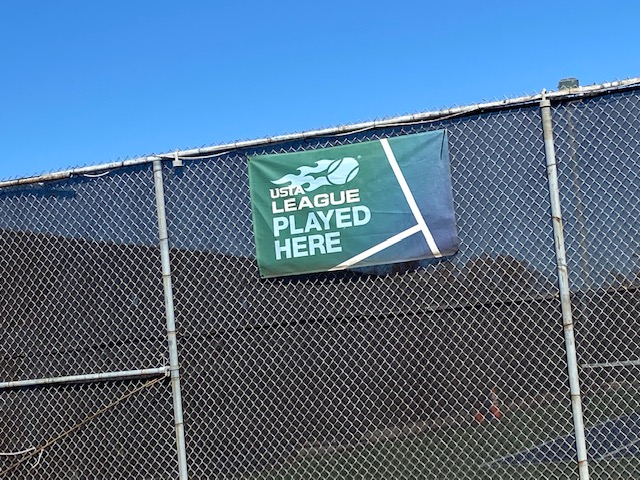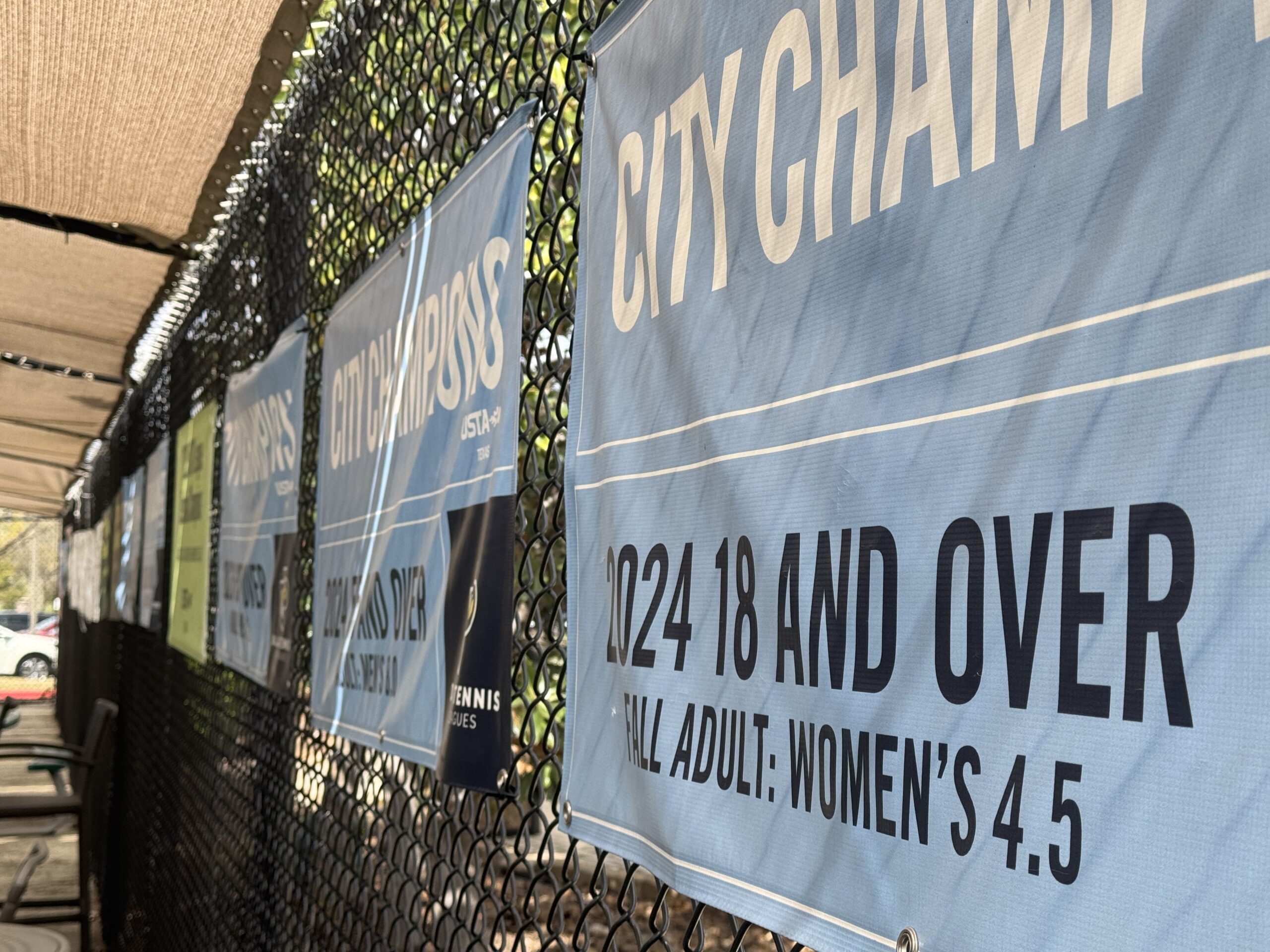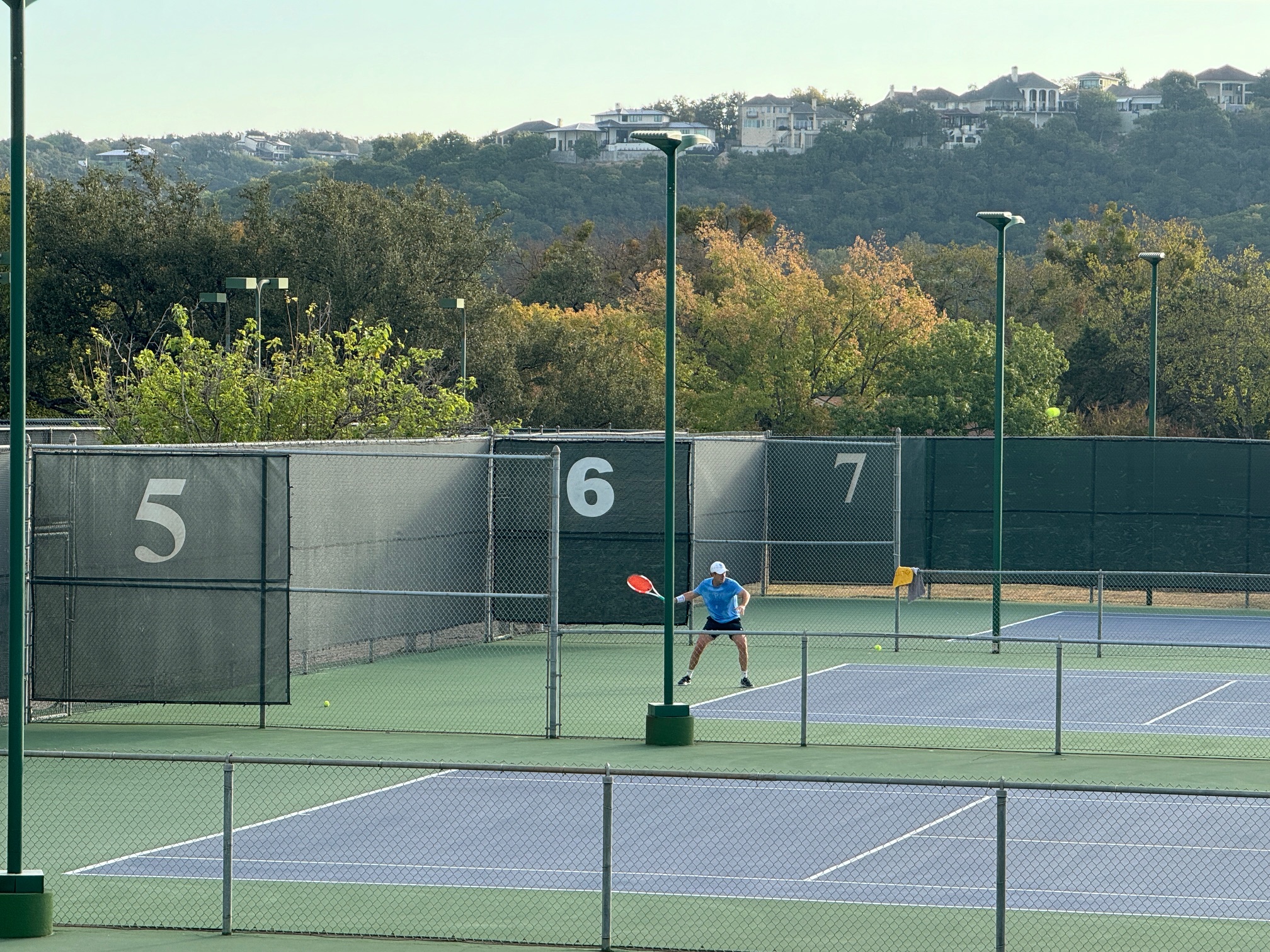Last weekend, Matthew Forbes won the USTA Boys’ 18s National Championship in Kalamazoo, Michigan. Winning that title secured him a wild card directly into the 2024 US Open. In addition to the honor of competing on one of tennis’s biggest stages in New York, Forbes is also entitled to the prize money earned by every first-round loser, which for 2024 is a cool $100,000. In a bizarre twist, he probably can’t accept it.
This is another installment in what is becoming a sporadic series on the absurdities between the NCAA’s Name, Image, and Likeness (NIL) rules combined with restrictions on professional prize money. It is particularly impactful for tennis players, but other individual sports are also affected. For example, if Forbes accepts the US Open Prize money, he will be ineligible to compete for Michigan State, where he is supposed to start school this fall. On the other hand, the Michigan State boosters pay him the same amount or more under a NIL contract, and his collegiate eligibility wouldn’t be in jeopardy. It’s absolutely nuts.
A proactive well-run organization might review its rules and regulations to bring consistency, but that’s not how the NCAA approaches this situation. Apparently, the only way to get the organization to implement new rules is to file a lawsuit and win. That is how the world wound up with the NIL rule in the first place. Fortunately, Reese Brandmeier, a tennis player for North Carolina, has taken that step.
Last March, the post “The Absurdity of the NCAA, NIL, and College Tennis” described a class-action lawsuit she filed against the NCAA that challenges the rules that restrict student-athletes from accepting prize money earned in non-NCAA competitions. Her case stems from the $49,000 she won in the qualifying rounds of the US Open in 2021. Last month, Brantmeier filed for an injunction to prevent the NCAA from enforcing eligibility restrictions, which is estimated to impact over 100 current student-athletes. Matthew Forbes is about to become another one of them. That case is still pending.
In the era of easy NIL money for athletics, allowing collegiate players to keep prize money won at professional tournaments seems appropriate. In fact, this could be fabulous for college tennis, as some of the top players could ease into professional play rather than making a binding decision as they age out of Junior tennis. This could also attract unprecedented interest in collegiate tennis as well as create crossover fan interest in the professional satellite and challenger circuit events held in the United States.
Someday, college tennis players might even attract enough attention to earn a little NIL money themselves. That would ultimately be good for the sport.
- Matthew Forbes and Iva Jovic earn 2024 US Open wild cards with wins at USTA nationals, Victoria Chiesa, US Open, August 12, 2024.
- UNC tennis star seeks injunction in suit against NCAA over prize money, CJ Staff, the Carolina Journal, July 3, 2024.




What about requiring players to create a trust that doesn’t allow access to the money until after college? Better yet, tie the access into receiving their degree so there is an incentive to finish college before turning pro once they’ve started.
These kids have earned the money; they shouldn’t have to completely forfeit it.
It’s not just Matt who is affected. Iva Jovic, who won the Girls 18s Hardcourts in San Diego on Sunday, faces the same dilemma. At age 16, she would like to keep college tennis as an option; however, if she takes the $100k for singles and $12.5k for doubles (Iva won both events in San Diego – if she or Matt go beyond the first round, the payoff will be higher), she will forfeit that option. It’s a shame to have to make that choice so early in her journey. There are definitely arguments on both sides since being paid to perform your sport at the pro level is different from being paid to do sponsor promos via an NIL deal. I hope some reasonable solution can be found and soon.